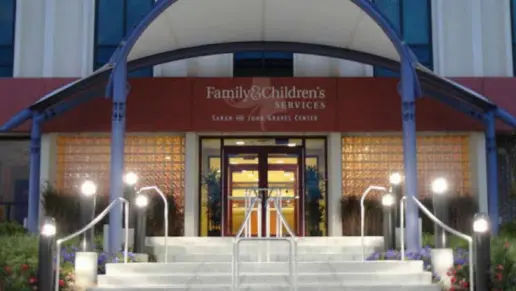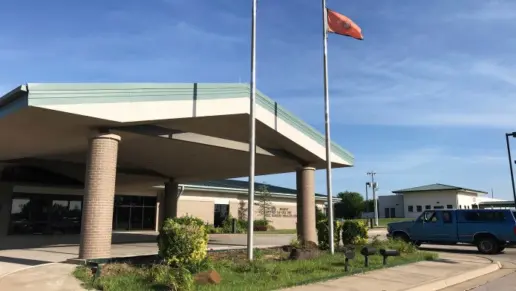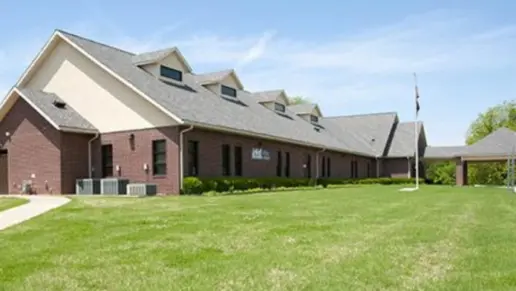I went there as a Participate for Pittsburgh County drug Court, I was homeless and had been addicted to pain pills and methamphetamines for almost 16 years I graduated successfully after six months in the program and three years later/today I am a supervisor for the city of ...
About Firstep Men’s Recovery Program
If you’re looking for an addiction recovery program that’s different from the rest then Firstep Men’s Recovery Program could be the perfect fit. This program is for adult men with drug or alcohol addiction in Oklahoma City, Oklahoma.
Firstep is residential but it’s not actually a residential rehab because it doesn’t directly provide treatment. Instead it’s a sober living home that uses the Social Model. You’re basically sharing a home with other men in recovery in a way that gives you structure and accountability to maintain your sobriety.
But the other aspect of Firstep that’s unique is that it’s also an employment program. Here’s how it works. Firstep partners with employers in the area. You work full time for one of these employers while staying at the Firstep home. It’s a win for everyone because you get a sober living home at no cost to you or your family because the funding comes from the employers and from donations. Plus you get valuable work experience that’ll help you as you build your sober future. You’ll even get transportation to and from work so that’s one less hurdle to overcome.
Firstep also knows that there are some men who will benefit from a sober living environment but who also still need addiction treatment. If that’s you, then they can connect you with a therapist or other outpatient treatment too.
Facility Overview
Latest Reviews
Rehab Score
Other Forms of Payment
Addiction Treatments
Levels of Care
Treatments
The goal of treatment for alcoholism is abstinence. Those with poor social support, poor motivation, or psychiatric disorders tend to relapse within a few years of treatment. For these people, success is measured by longer periods of abstinence, reduced use of alcohol, better health, and improved social functioning. Recovery and Maintenance are usually based on 12 step programs and AA meetings.
To address the issues of addiction, each drug rehab in Oklahoma is tailored to meet the individual's needs. Treatment may occur in a residential or outpatient setting, and may last from a few days to several months.
Opioid rehabs specialize in supporting those recovering from opioid addiction. They treat those suffering from addiction to illegal opioids like heroin, as well as prescription drugs like oxycodone. These centers typically combine both physical as well as mental and emotional support to help stop addiction. Physical support often includes medical detox and subsequent medical support (including medication), and mental support includes in-depth therapy to address the underlying causes of addiction.
Substance rehabs focus on helping individuals recover from substance abuse, including alcohol and drug addiction (both illegal and prescription drugs). They often include the opportunity to engage in both individual as well as group therapy.
Programs


Clinical Services
Group therapy is any therapeutic work that happens in a group (not one-on-one). There are a number of different group therapy modalities, including support groups, experiential therapy, psycho-education, and more. Group therapy involves treatment as well as processing interaction between group members.
Life skills trainings involve all the skills a person must have in order to function successfully in the world. These include time management, career guidance, money management, and effective communication. Truly successful addiction recovery is based on the ability to not only live substance-free, but to thrive. Life skills teaches the practical necessities of functioning in society, which sets clients up for success in life, and therefore sobriety.
Amenities
-
Private Transportation
-
Residential Setting
-
Private Rooms
Contact Information
11601 West Stanley Draper Drive
Oklahoma City, OK 73165


